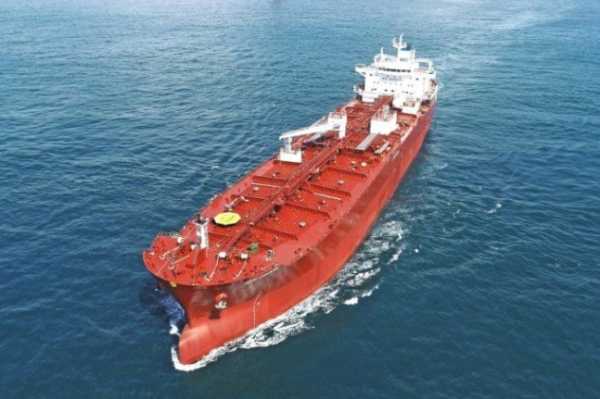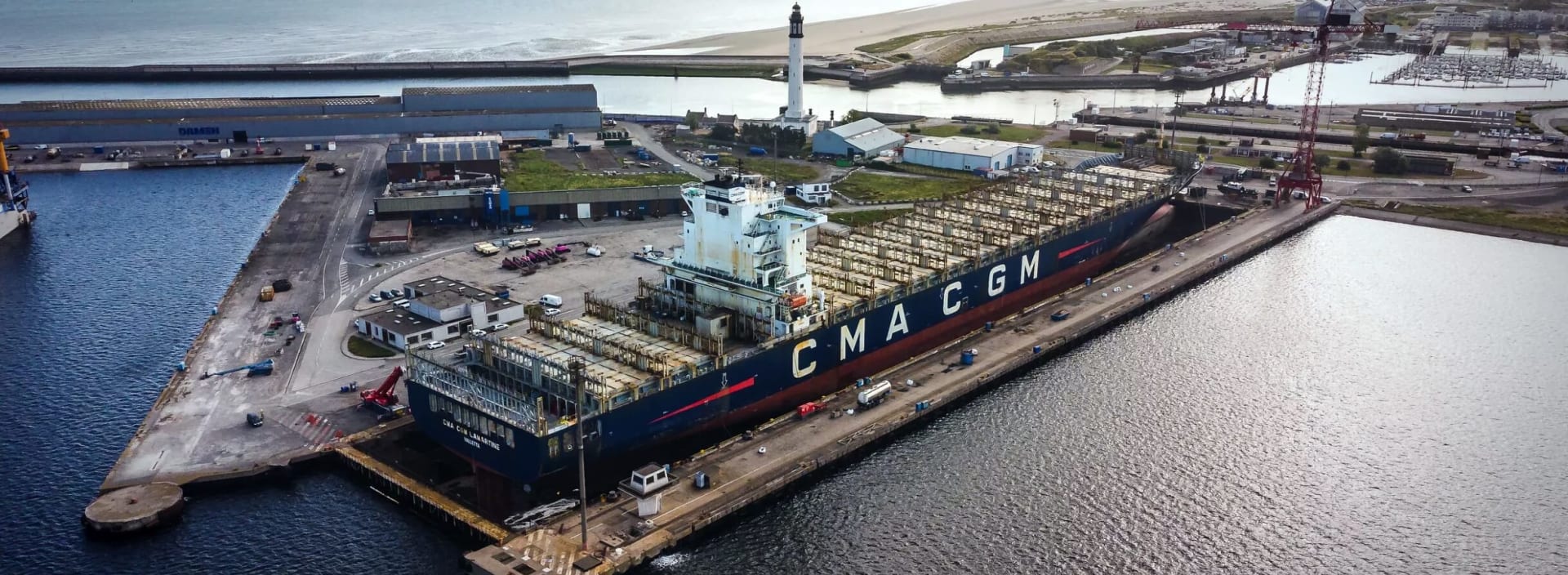K-Shipbuilding Accelerates Development of Ammonia, Methanol Vessels

South Korean shipbuilders are accelerating the development of next-generation eco-friendly vessels driven by methanol and ammonia, moving beyond the conventional liquefied natural gas (LNG) ships. Amid the tightening maritime environmental regulations by the International Maritime Organization (IMO), the race to develop vessels to increase market share in the next-generation fuel ship market is in full swing.
According to industry sources on the 15th, Samsung Heavy Industries recently received manufacturing approval for demonstration equipment for commercialization of ammonia-driven ships and started construction at its Geoje shipyard. Samsung Heavy Industries will evaluate the performance, reliability, and safety of the technology for ammonia-driven ships here. The demonstration equipment will be completed by the end of this year, and scenario-based testing will begin after test driving. They will also apply a real-time leak detection and alarm system and a toxin neutralizer on a pilot basis to develop optimal solutions for the toxicity issues of ammonia.
Ammonia, which does not contain carbon in its molecular structure, does not emit carbon dioxide when combusted, and thus is considered a carbon-neutral fuel to be used in zero-carbon vessels along with hydrogen. There are no real-life applications on ships yet, but all three major domestic shipbuilders are preparing to commercialize ammonia-driven ships around 2025.
HD Hyundai Heavy Industries leads in the field of methanol-powered ships. HD Hyundai Heavy Industries is set to deliver the world's first methanol-powered ship, ordered from MAERSK in 2021, within this month. As of March, it received orders for 54 out of 101 methanol-powered ships ordered worldwide, holding more than half of the market share.
Methanol can reduce sulfur oxides by 99%, nitrogen oxides by 80%, and carbon dioxide by 10% compared to conventional heavy oil. It emits less carbon than LNG, which is considered a typical eco-friendly fuel. Especially, 'green methanol' produced from renewable energy quickly dissolves and biodegrades in water when discharged into the sea, causing no marine pollution.
The reason for domestic shipbuilders to focus on the technology of ammonia and methanol-driven ships is the strengthening of ship environmental regulations. The IMO plans to hold a Marine Environment Protection Committee (MEPC) meeting next month and discuss amendments to raise the international shipping greenhouse gas reduction target. If this amendment passes, the target to reduce greenhouse gases by 50% compared to 2008 by 2050 is expected to be adjusted to 100%.
Note: Article by Jasmine Choi (www.businesskorea.co.kr)

